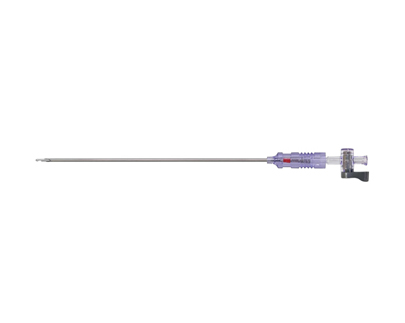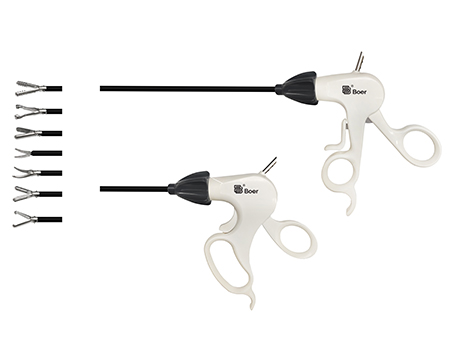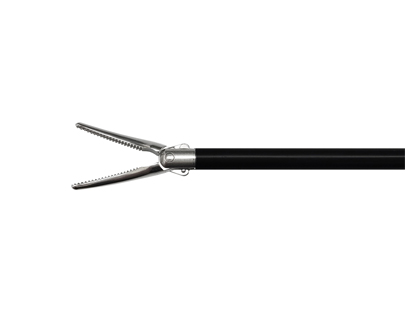What Are the Advantages of Minimally Invasive Surgery?
Minimally invasive surgery was introduced to the medical community in the 1980s as a safer alternative to traditional open surgery. Since then, many physicians have favored minimally invasive techniques as a safe and effective way to meet patients' surgical needs while reducing health risks.
Ⅰ. What is minimally invasive surgery?
Minimally invasive surgery allows surgeons to operate on the human body in a less harmful way using modern technology and advanced surgical techniques. This type of surgery limits the number and size of incisions, which reduces the risk of complications and damage to surrounding muscle and tissue.
In open surgery, doctors must make large incisions to visualize the area of the body they are operating on. In minimally invasive surgery, the doctor makes a small incision to insert the camera. They can then use tubes and other surgical tools to visualize the areas they need. Overall, the procedure is considered safer than traditional open surgery and requires less hospital stay and less recovery time.
Ⅱ. The advantages of minimally invasive surgery
1. Smaller cuts. Surgeons do not need to make a large incision to perform minimally invasive procedures. Instead, they only need to make a small incision, large enough to insert cameras, tubes and other small surgical tools. In addition, the fiber optic camera enables surgeons to see internal organs as clearly as a large incision would in open surgery.
2. Fewer complications. Small incisions reduce bleeding and swelling during surgery. Also, because the surgeon does not need to cut through the muscle to make a large incision. This means it causes less damage and trauma to surrounding organs, muscles, nerves, tendons and soft tissues.
3. Reduce the risk of infection. Smaller open wounds reduce the risk of bacteria and viruses entering the body and causing infection.
4. Shorter hospital stay. Some minimally invasive procedures do not require hospital visits at all, which greatly reduces overhead costs. If the surgery is performed in a hospital, the hospital stay is shorter than that of patients undergoing open surgery and is therefore more cost-effective. Many patients don't even need to stay overnight.
5. Faster recovery. Many patients who undergo minimally invasive surgery have shorter recovery periods and fewer activity restrictions. They had less pain and swelling postoperatively and were able to return to normal activities within a few days. Because there is less pain, many patients do not need anesthesia drugs after surgery. This is an added bonus because narcotics can be dangerous and addictive. Smaller incisions require fewer stitches and heal with less scarring.



